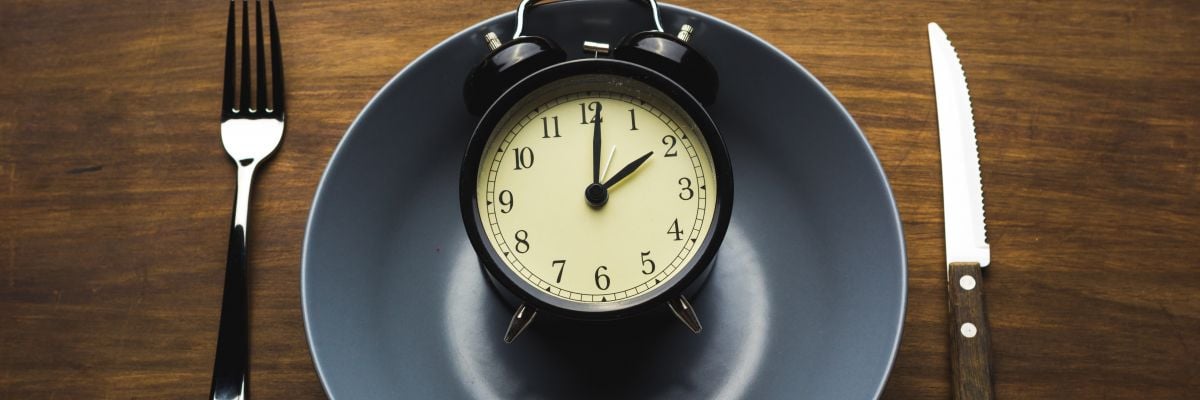
Question:
Answer:
Current canon law requires a one-hour fast before receiving Communion (canon 919): “One who is to receive the Most Holy Eucharist is to abstain from any food or drink, with the exception only of water and medicine, for at least the period of one hour before Holy Communion.” The Eucharistic fast was mitigated by Pope Pius XII from a complete fast after midnight to a fast of three hours (1957); then Pope Paul VI further reduced the requirement to one hour (1964). These changes were intended to encourage Catholics to receive Communion more frequently.
There is no present requirement for fasting after Communion, but many books have recommended, as an act of reverence, not eating or drinking for 15 minutes after receiving –about as long as the sacred Species remains intact. If one remains at Mass until the closing blessing, one likely observes this recommendation even without realizing it.
In some cultures, the faithful follow the pious practice of drinking a glass of plain water before taking any nourishment after Communion. Such acts, while praiseworthy expressions of reverence, are voluntary and are matters of custom, not legislation.


